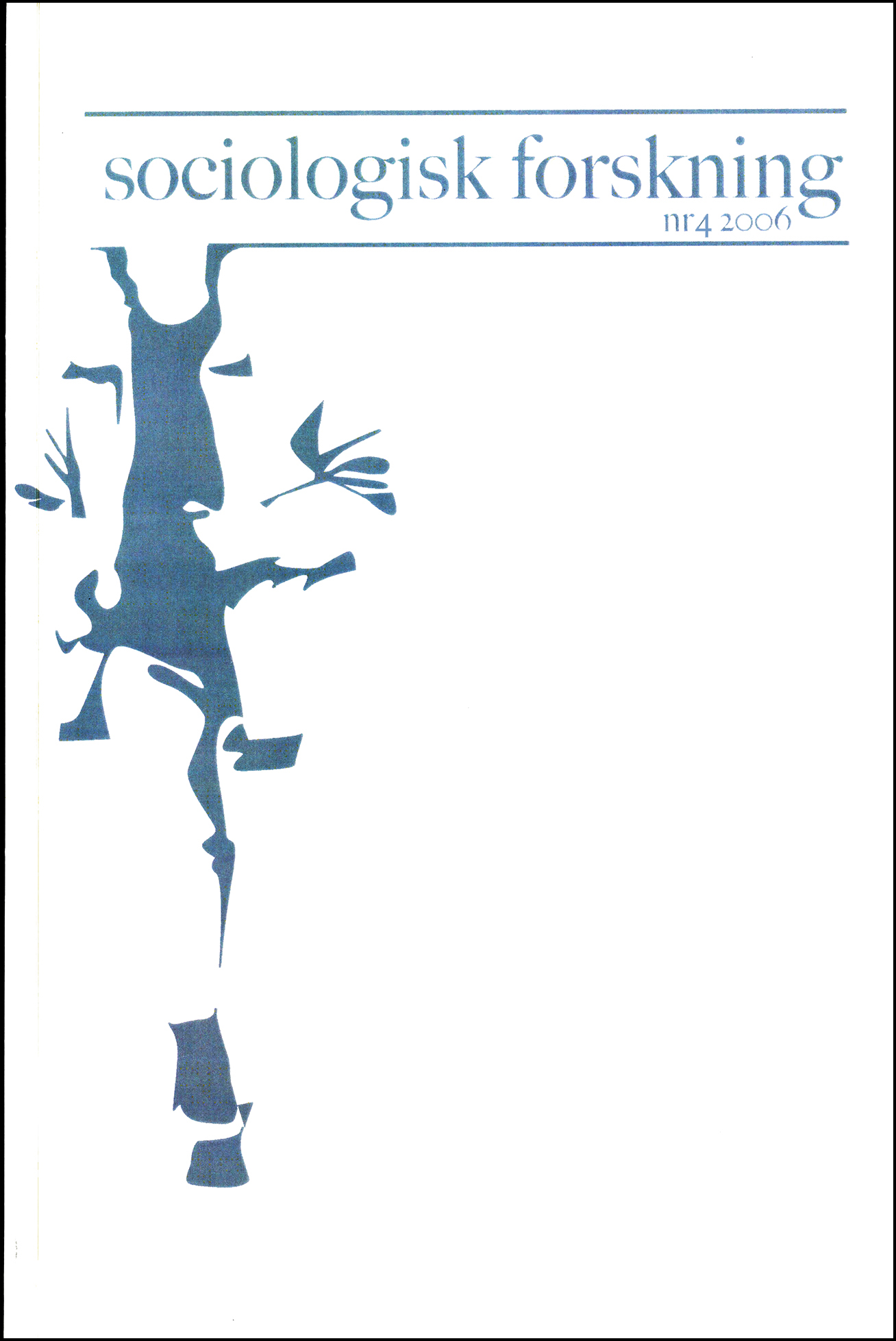Var går gränsen?
DOI:
https://doi.org/10.37062/sf.43.19317Keywords:
school, education, immigrant, gender, childrenAbstract
This article introduces a study concerning parent s regulations regarding their child’s participating in social activities. The aim of the study is to examine how many pupils who are not allowed to participate in social activities and some educational elements at school, as for example sports and study tours. The ethnicity and gender perspectives are central for the questions. The implicit aim is to compare the situation among boys and girls with immigrant background in relation to boys and girls with Swedish background. The study contains a quantitative survey among 1193 children, 13 to 15 years old, living in a Swedish middle-sized city. The result from the analysis shows that most of the children are allowed to participate in the activities. However, regarding parental consent to participating in activities the results show that children with immigrant background experience restrictions to a larger extent than others. This result concerns in particular girls with immigrant background. Other significant findings in this study indicate that low-educated parents or/and religious parents have more restrictive norms considering pupils participating in social activities, especially for immigrant girls.
Downloads
Published
How to Cite
Issue
Section
License
All content in Sociologisk Forskning is published with immediate open access, under the Creative Commons license CC BY-NC-ND 4.0.
All content may be read, downloaded, shared and printed for non-commercial purposes, free and without fees. Contents may not be altered. When content is reused, author, source and a link to the copyright licence must be provided. The author retains copyright to their content. No publication fees are charged.





